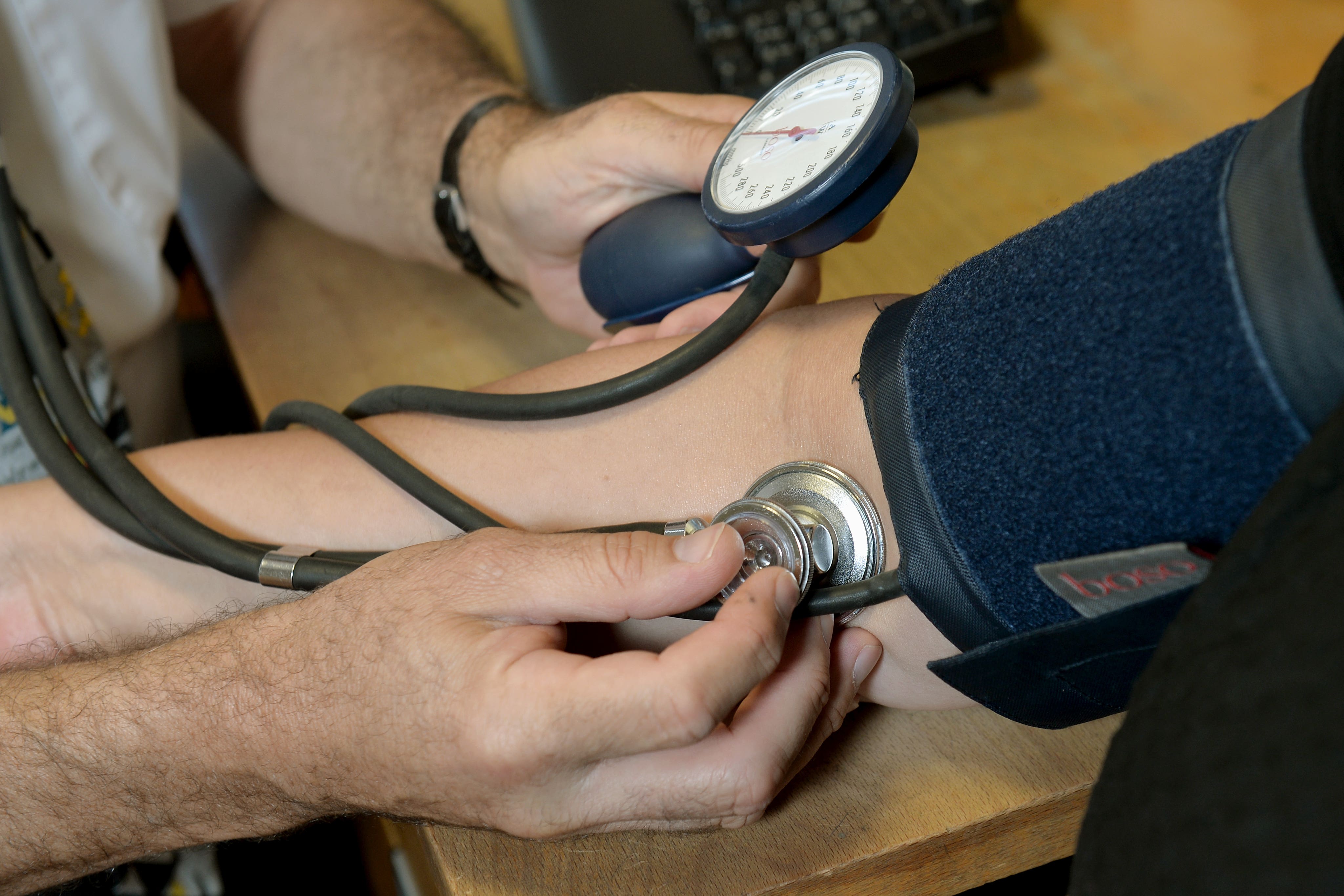
Half a million UK GP records are set to become accessible to researchers from China even though intelligence agencies have raised fears about the authoritarian country gathering health data.
The Guardian reported medical information of 500,000 volunteers given to research hub UK Biobank is to be transferred, with one in five of those who have been granted access coming from China.
Health secretary Wes Streeting greenlit the transfer in October in the face of objections from some GPs – and now Chinese researchers have recently been allowed to access GP records by NHS England following an audit, UK Biobank told the newspaper.
Officials have, over the last year, been examining whether further safeguards are needed for patient information held by the leading biomedical database – which makes its huge trove of health data available to universities, scientific bodies and companies – with experts fearing individuals may still be identified despite personal details being stripped.
MI5 warned Chinese intelligence agencies can order Chinese organisations and people to get access to UK data “to carry out work on their behalf”.

Professor Sir Rory Collins, Principal Investigator and Chief Executive at UK Biobank, said: “We follow government guidance on who can use UK Biobank and have robust processes for secure access to the data that are supported by the government and our funders.”
A government spokesperson said details that allow people to be identified are always removed from UK Biobank data. “There is an extremely high bar and data is only shared with legitimate researchers for specific research purposes. It can only be accessed within a secure digital environment and it is not possible to download copies of the GP data outside of that secure digital space,” the spokesperson said.
Speaking at UK Biobank’s conference in December, senior NHS official Michael Chapman said that “access will only be for countries approved by NHS England” based on security and data protection considerations.
NHS England said: “Any approval of access to personal data from overseas territories requires data recipients to comply with their responsibilities [under UK data law...] and is kept under review if circumstances change.”
The Guardian reported it had conducted an analysis that found there were 1,375 applications for access to the research hub’s data that were granted, with 265, or nearly 20 per cent, of those coming from China.
The information has previously been used by Chinese scientists to study the impact of air pollution as well as dementia diagnosis. Generally, UK Biobank is enabling research that is developing new ways to treat, diagnose and prevent diseases like dementia, diabetes and cancer.
It comes at a time when Keir Starmer’s government is attempting to woo Beijing in the quest for economic growth, with biotech seen as a priority area for the Chinese, while UK-China relations are already being tested over the Scunthorpe Chinese-owned steel plant.
Labour MP Chi Onwurah, who chairs parliament’s science and technology committee, told the newspaper: “UK Biobank is an enormous success and global medical research is all the better for it.”
But she said: “We need a government-wide strategy that gives people confidence that they have control of their data, that their data is only ever shared securely and responsibly, and that reflects the realities of geopolitics and the potential for bad actors to use our data for ill.”
Professor Collins said: “Half a million people volunteered to join UK Biobank so scientists around the world can tackle conditions such as cancer and dementia.
“All our volunteers have given explicit consent for researchers to study their de-identified health data, and many have emphasised the importance of their GP data being analysed.”
The Independent has approached NHS England for further comment.
Inside the Chinese ‘Shein villages’ facing an existential threat from Trump tariffs
Trump latest: China warns president to ‘stop whining’ over tariffs
World Trade Organization says global trade could slide this year because of Trump's tariff policies
The simple food to add to your breakfast to boost brain function all day
UK region has highest rate of brain disease in the world
Breakthrough as scientists discover how the human brain solves new problems







